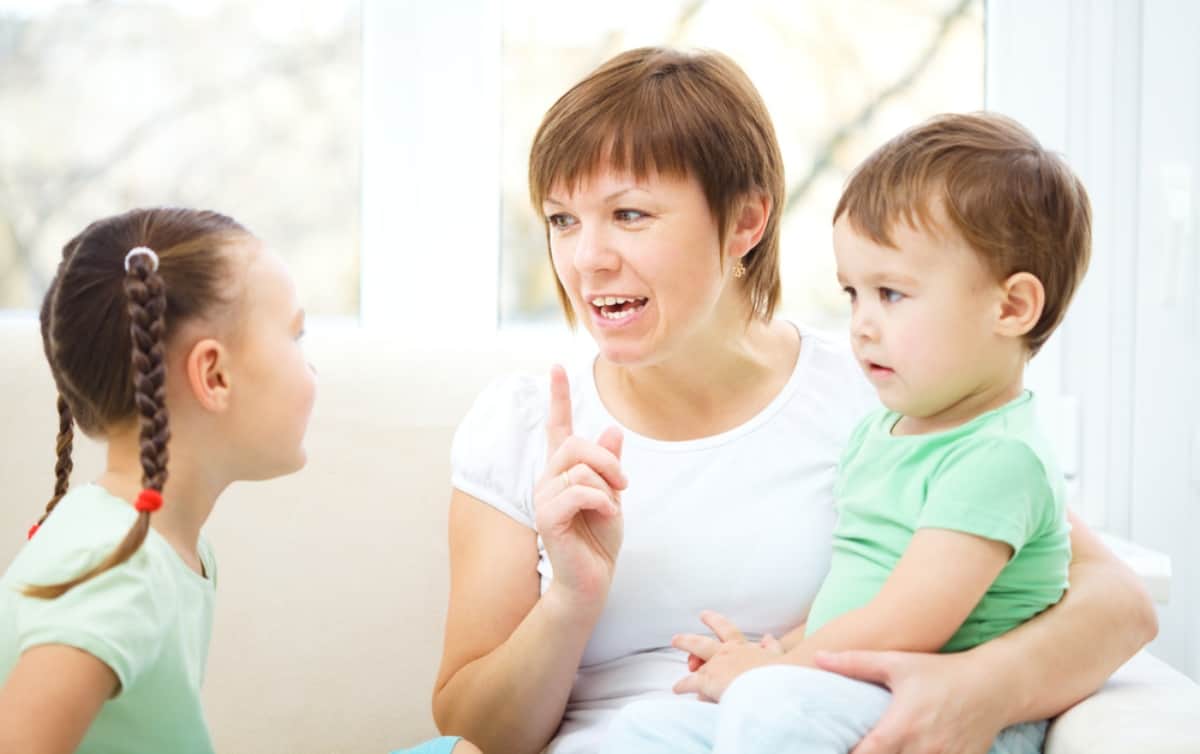How Learning Copulation-positivity from a Young Age Can Change Your Life - for the Better

Parents have a tough job: raising tiny humans. Not only do you have to make them, birth them, and keep them safe, but you have to (hopefully) teach them how the world works. And that, as anyone who's ever lived in the world knows, is no easy task.
One of the most difficult "teaching moments" that a parent must confront is THE talk. That's right, we're talking about the birds and bees.
Having the copulation talk with kids can be stressful, confusing, and downright scary for some parents. You're not just teaching an impressionable child about something very grown-up and important, but you're essentially beginning their relationship with copulation.
Depending on how parents approach this crucial conversation, kids can walk away with positive or negative feelings on sensuality - and, in our opinion, there are few things that shape a young person more than growing up with a copulation-positive mindset.
What exactly does it mean to be copulation-positive?
The dictionary defines the term as, "Having or promoting an open, tolerant, or progressive attitude towards copulation and sensuality." (Raise your hand if you're surprised but pleased that copulation-positivity is dictionary defined!)
Quite literally, this ideology just means having a positive outlook on sensuality and sensual experimentation.
Why is it important to learn copulation-positivity at a young age?
While it might seem contradictory for parents to preach "copulation = good" to their kids, studies have found that kids who grow up with a positive impression of sensuality are more likely to practice safe copulation, less likely to get pregnant (or get a partner pregnant) at a young age, and are generally more assured of themselves.
Humans are sensual creatures, plain and simple. And learning in our formative years that copulation is somethig bad, or something "dirty," can lead to sensual repression and feelings of shamefulness during adulthood.
Of course, if you grew up in a sensually strict or religious household, it's never too late to start exploring copulation-positivity. Check out this article on how we, as adults, can start a journey to becoming more copulation-positive.
It all comes down to educating yourself on sensual pleasure and being open about what feels good to you - everyone's body is differnt, and everyone is going to be turned on by different things. The first step to leading a copulation-positive life is figuring out what those things are for you and giving into them.
But what about educating kids to be more copulation-positive?
Arguably the most important time for learning copulation-positivity is in our childhood, when our impressions of our bodies and sensuality start to form.
There's no denying it: few parents relish the chance to talk to their children about copulation and about their own genitals. It's enough to make most of us cringe.
But don't think about copulation-positive parenting as talking to your kids constantly about copulation - consider it more as not lying to your little ones about what their bodies are and what they do.
This copulation-positive mom claims that the mantra in their household is, “We don’t eat in the bathroom, and we don’t touch our vulvas in the living room." Because, news flash, kids touch themselves...a lot. She found that, rather than saying "STOP THAT," giving the kids a place to discover their bodies (in this case, the bedroom or the bathroom) helped them develop a healthy view on genitalia and pleasure.
If even that freaks you out, never fear! There are even more basic ways to begin copulation-positivity with kids: by being body positive.
Our sensuality is often rooted in how we feel about ourselves, something that can be damaged if we grow up thinking our bodies aren't beautiful. Encourage your kids to learn about all different body types, making sure to impart to them that all shapes and sizes are gorgeous. Don't put kids down with tidbits like, "Maybe if you just lost a few pounds you'd fit in that dress!"
Most importantly, be more body positive towards yourself.
Think about it, kids are absorbing everything you're doing and saying. They're picking up their cues about good and bad based off of your actions. So, let them know that you love your body, imperfect as it may be!
Watching this open, accepting behavior, kids will grow up open-minded and more intune with their own bodies. This will start them off down a path of confidence and self-fulfillment - both in and out of the bedroom.
Photo Credit: Deposit Photos
Sign up for FD's newsletter
The freshest stories from the food and dating world every week.




